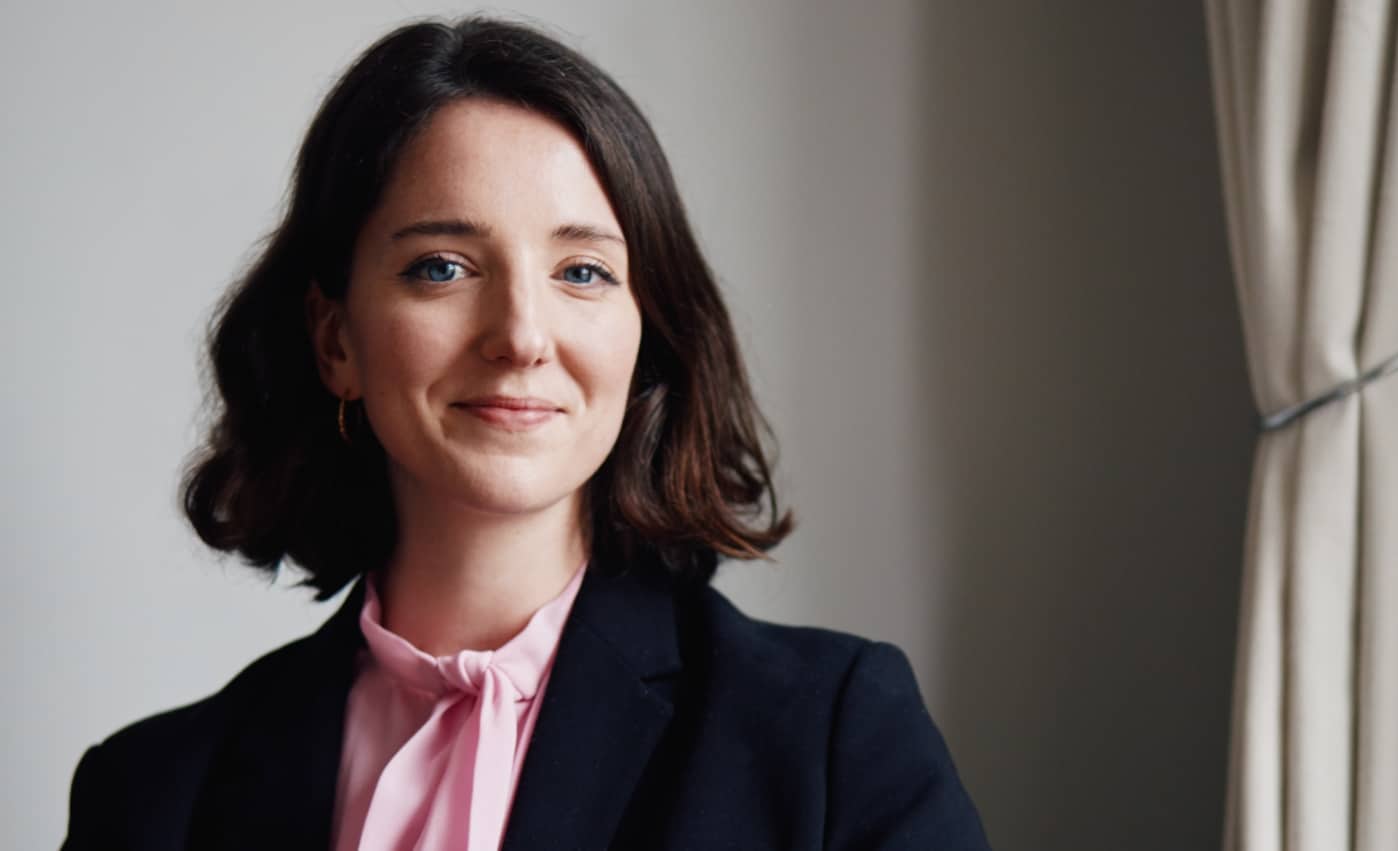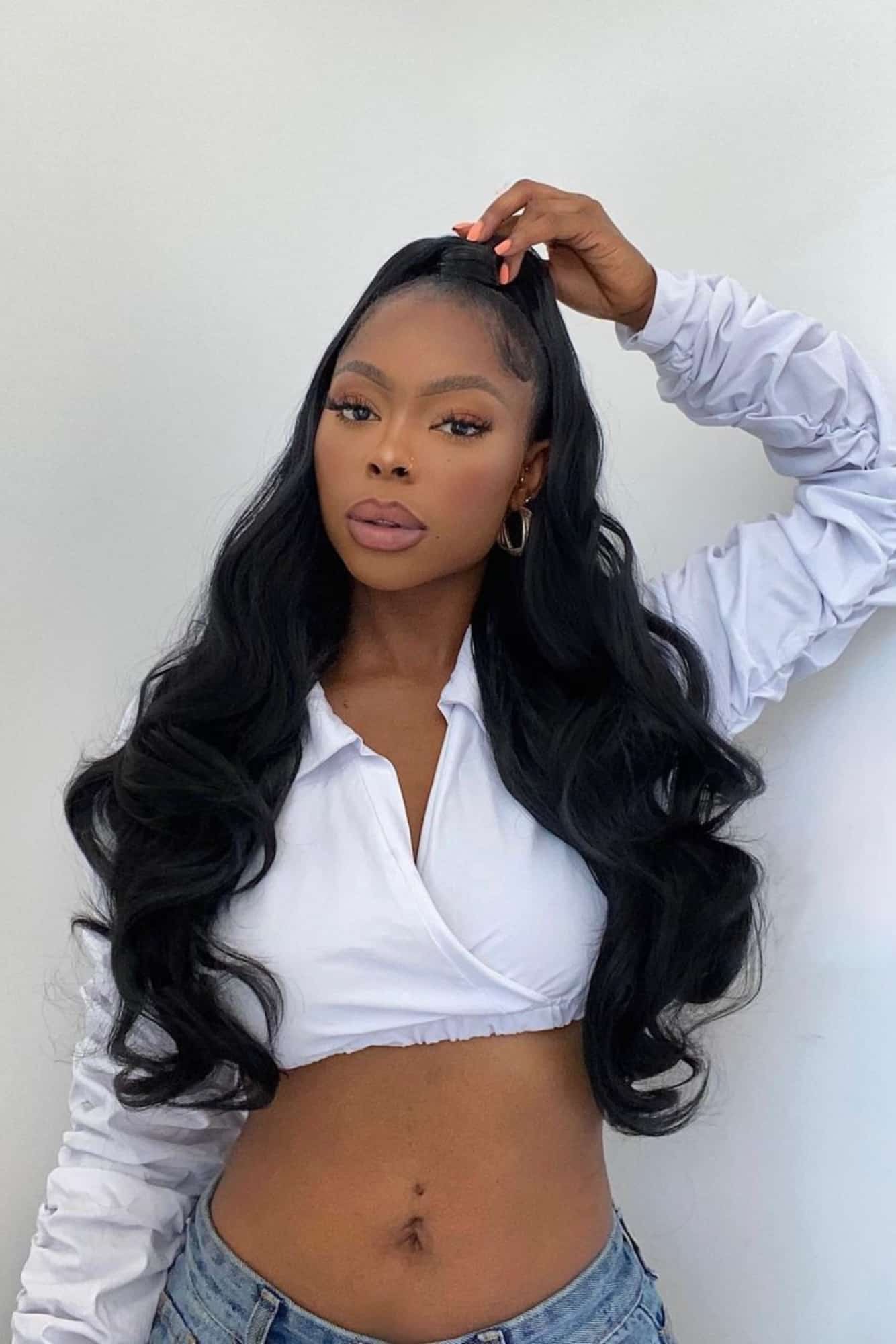Key takeaways:
- Creators are focused on building long-term, meaningful partnerships and choosing quality over quantity
- There is an increased interest in working in the wellness and nutrition sectors, and with affordable, sustainable brands
- Although short-term content is increasingly popular, YouTube has stood the test of time
- There is a huge demand for television work, both from influencers and broadcasters
“Our whole mission as a business is to prioritise everything off-platform,” says Bronagh Monahan, co-founder of MonRae Management. “We are a talent-first company. We look at an individual’s talent and decide who they are when they’re not online.”
Monahan says the company’s roster of creatives is focused on building long-term, meaningful partnerships with a lasting impact. Choosing “quality over quantity” is important and Monahan says she works closely with brands to produce original ideas that align with the talent’s image.
You may also like
One example is makeup artist and activist Sasha Pallari, who launched the hashtag #FilterDrop in 2020 to call out the overuse of filters and face-altering apps online. The hashtag evolved into an Instagram conversation series, with every episode sponsored by a different beauty brand- the most recent being Cult Beauty. However, next year Monahan wants the series to have just one headline sponsor.
MonRae is also working on incentivising brands to try new ideas that they may get better value from, rather than the standard #ad on Instagram, says Monahan. By creating more “press-worthy” formats, the co-founder hopes their partnerships will have a bigger impact and create positive change.
Nowadays, influencers prefer to partner with brands that align with their content and resonates with their audience because this will drive higher engagement. Katie Wallwork, director of talent at social creative agency The Fifth, says: “Creators are looking to work with brands that fit seamlessly with their content and overall messaging. “They don’t want to work with brands that they wouldn’t use organically, in fear of their content looking like a paid piece of work.”
Wallwork notes a desire to work with sectors that are of increasing importance to society. “We are seeing huge upticks in wellness and nutrition,” she tells CORQ. “The cost of living crisis means more creators are turning to affordable, slower solutions across food and fashion. It has never been more important to adopt a ‘less is more’ approach to consumption and our talent are hyper aware of this right now.”
Melanie Kentish, managing partner of Gleam Futures, says creators can add value by being involved in the product development process so they can help shape the product and better understand the core mission. “Talent will know what will resonate with their audience, and as a result, they can tell a more rounded story as opposed to reading a press release,” says Kentish.
Alex Myers, founder and global CEO of Manifest Group, also appreciates the benefit of this value exchange, but notes the success also relies on the talent’s reach, which comes down to the social platform. “The platform that [agencies] need to be working on really depends on your audience and your objectives,” he says. “A strategy needs to ladder into a strategic imperative, which will subsequently ladder into our business goals.”
While there’s an increasing hunger for short-form content, MonRae Management still prioritises YouTube talent over everyone else. “YouTube has stood the test of time,” explains Monahan. “YouTube has launched some of the biggest talent in the space, because you get to know the person and spend more time with them.”
MonRae’s Dan Middleton, the successful gamer and YouTuber better known as Dan TDM, proves audiences are still tuning in to long-form platforms. “At his peak, Dan was sharing two videos a day,” says Monahan. “His consistency was what made him successful. He sold 25,000 tour tickets, hosted stadiums and always acknowledged his responsibility.”
So, for big talent like Middleton, what can 2023 offer? MonRae is dedicated to building a business for talent that doesn’t rely on them having to show up, by building a recognisable logo. Monahan says the two best ways to do this are through apparel and books, both of which Middleton has conquered.
Wallwork says there is a huge demand for TV appearances, with many influencers evolving into more traditional celebrities because they are the faces Gen Z want to see. She adds production companies are increasingly investing in digital talent because they know it will “elevate their programs”.
As a result, talent are moving away from commission-based work. “Brands undervalue their content-creation abilities and their hard work,” says Wallwork. Undeniably, talent hold immense sales power, but this shift is the power of brand association and education. “The fact is that when content is paid for, it has superior quality and effectiveness,” she adds.
As an agency, The Fifth is shying away from Instagram Story-only content. Wallwork believes all content has longevity and potential beyond a 15-second burst. Instead, Stories should be supporting assets to provide sales, or informative links, rather than a campaign in isolation. “Our talent want to connect with brands, embrace their messaging and learn how to properly represent them online, rather than provide them with throwaway content.”
Arguably, “authenticity” has become a buzzword used by brands to leverage customer loyalty, says Monahan . She references finance creator Bola Sol, who uses her platform to discuss money matters and empower women to take control of their finances. Sol typically works with large brand clients who usually have media agencies managing their campaigns, which Monahan believes is an inefficient way to work on social content.
Instead, Monahan says the best partnerships stem from a mutual appreciation and understanding from both the talent and brand. She criticises brands for presenting talent with scripted content, despite wanting them to appear authentic. “People are cottoned-on to the content that is hyper-produced,” she said, and it won’t stand the test of time.
By Abby Oldroyd, staff writer for CORQ.










